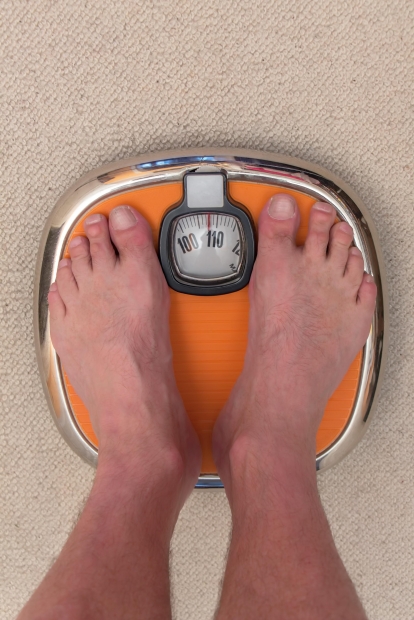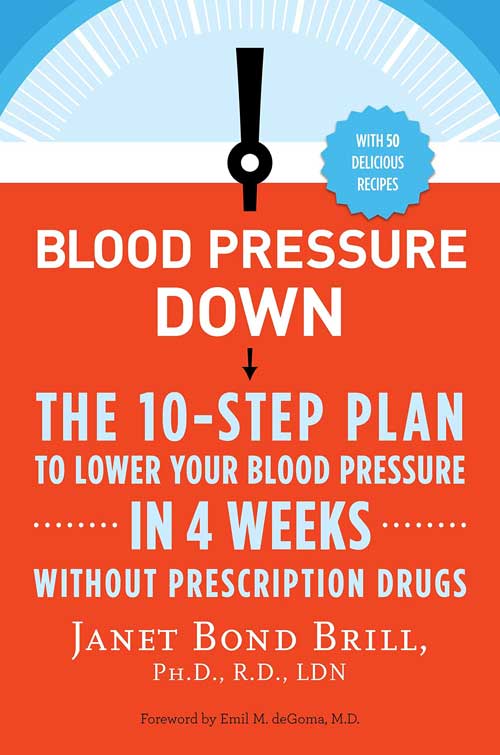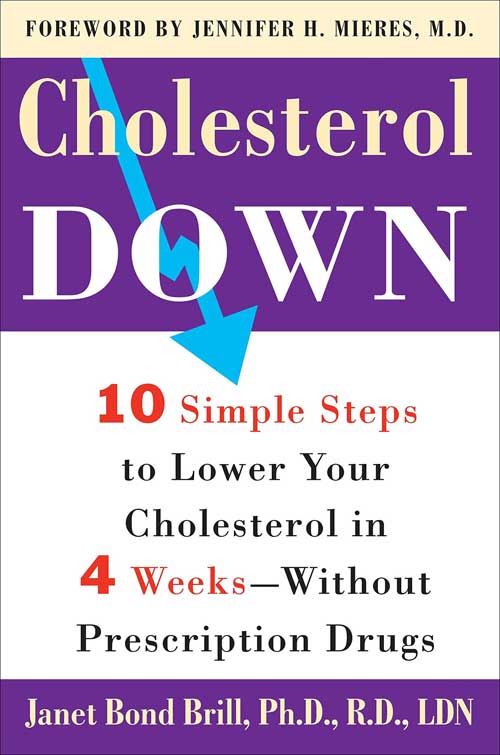By

 Weight loss is a major concern for a lot of people. In fact, a 2013 Gallup poll indicates that 51 percent of American adults want to lose weight, and 25 percent are seriously working toward that goal. However, as much as people want–and try–to lose weight, the reality is that diet and exercise alone are often not enough. Despite their best efforts, people often fail to lose weight or, worse, continue to gain.
Weight loss is a major concern for a lot of people. In fact, a 2013 Gallup poll indicates that 51 percent of American adults want to lose weight, and 25 percent are seriously working toward that goal. However, as much as people want–and try–to lose weight, the reality is that diet and exercise alone are often not enough. Despite their best efforts, people often fail to lose weight or, worse, continue to gain.
Why Diet and Exercise Fails
There could be several reasons why dieting and exercising alone doesn’t produce the desired weight loss results:
* Inadequate workouts. Workout intensity and duration are both crucial when it comes to weight loss. Ideally you should do moderate intensity exercise between 150 and 250 hours per week. If you exercise five days a week, that’s between 30 minutes and 50 minutes per day. Moderate intensity is approximately 60 to 70 percent of your maximum heart rate, or between six and seven on a scale of one to ten. You should be breathing heavily and break a sweat, but still able to say a few words needing to take a breath. If you don’t sweat, and are able to say long sentences or sing along to the radio, you are probably not working at the right intensity. If you aren’t doing at least 150 minutes of exercise, you are not exercising long enough.
* Too many calories. When you start exercising your body automatically demands more calories to support the activity, even if you have ample fat stores to tap into. This is because your body really doesn’t want to let go of its fat. If you’re not actively counting calories, or watching your portion sizes, you could be eating more that you should. As a result, when you exercise your burns the calories that you have ingested instead of the calories in your fat stores. Use a calorie calculator to determine how many calories you need for your height, age, gender, and activity level, then start keeping track of your diet to make sure you are not going over that amount.
* Not enough calories. Your brain uses up to 20 percent of all the energy you consume and the remaining 80 percent is spread among all the other systems in your body, such as cardiovascular system, your muscles and skeletal system, your immune system, and so on. If you don’t consume enough calories to give your brain the energy it needs, it will signal your body to slow down your metabolism so that all the other systems don’t use up as much energy. It will also stimulate your body to break down muscle tissue – an energy hog – which will also slow down your metabolism.
* A slow metabolism. If you’re exercising at the right duration and intensity, and eating the number of calories you need to stimulate weight loss without starving your brain, you could have a slow metabolism. It could be the result of an illness, like hypothyroidism, or it could simply be lower than normal. Your physician can test your metabolism and screen you for possible illnesses.
Weight Loss Help
If you are doing everything right and still struggling with weight loss, you might need help in the form of supplements, medication, or even surgery.
* Supplements. Weight loss supplements have been around for nearly as long as people have been trying to lose weight. Some supplements contain caffeine and other stimulants to ramp up the metabolism, and others contain herbal extracts designed to promote fat burning. One of the latest herbal supplements is an herbal remedy called coleus forskholii or forskolin. Studies have shown that forskolin supplements could boost thyroid function and aid with weight loss. (Consult with your doctor before taking any supplements due to potential side effects.)
* Medication. Drug companies are constantly developing medications to help people lose weight. Some drugs prevent you from absorbing calories and fats, some work on the hunger centers in your brain to make you eat less, or feel full faster, and others speed up the metabolism. Your doctor can help you determine which type of medication is best for you.
* Surgery. Surgical options for weight loss prevent you from absorbing too many calories by reducing the size of your stomach, reducing the amount of time food stays in your intestines, or a combination of both. Some, like gastric bypass, are permanent; while others, like gastric bands, are temporary. Your doctor can help you determine if weight loss surgery is right for you.
As always, if you have concerns about your health, or your weight; or if you have a pre-existing medical condition, you should always consult your doctor before starting a diet and exercise program, and before taking any supplements.
Read more on losing weight
Benefits of Cranberries
Multiple Benefits of Green Tea
How to Choose a Diet Plan for Weight Loss











